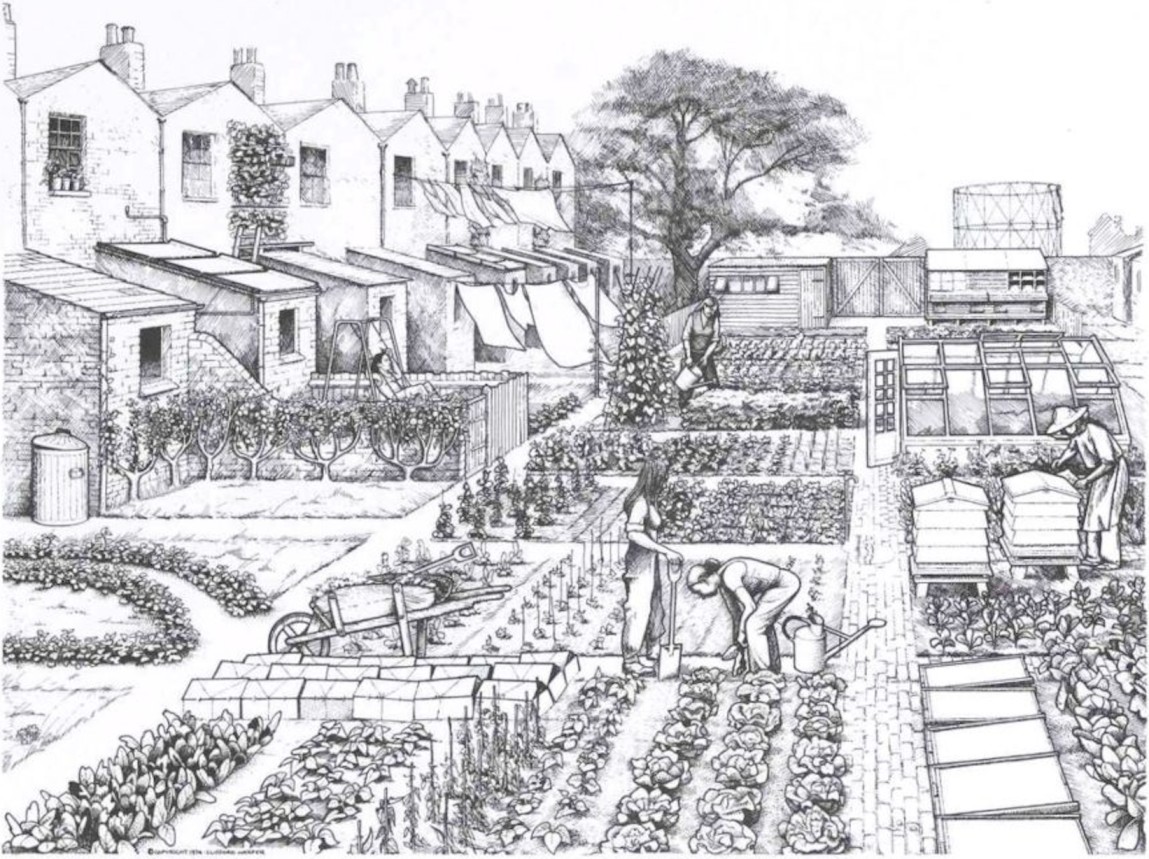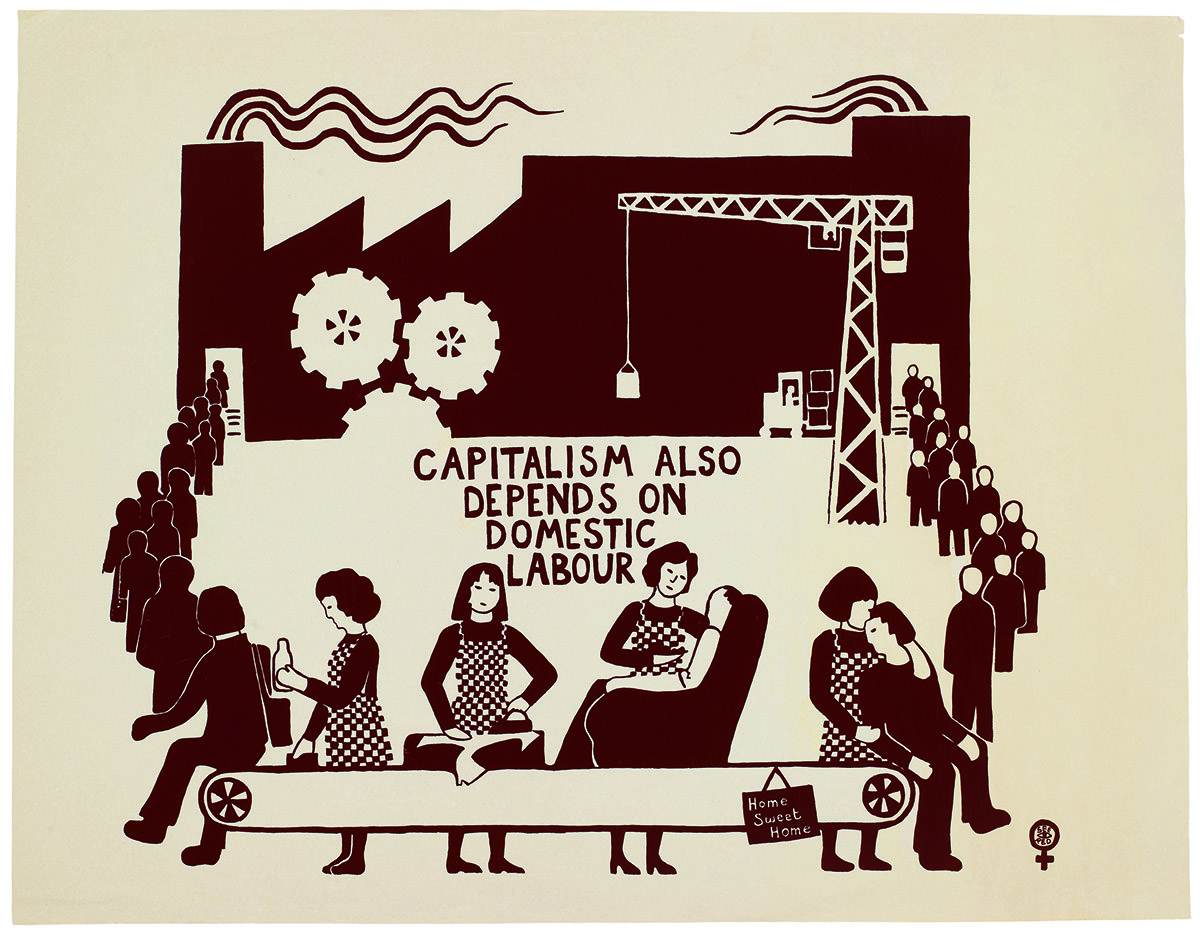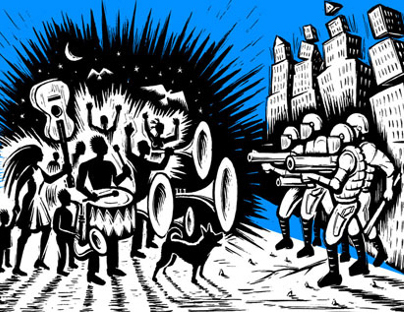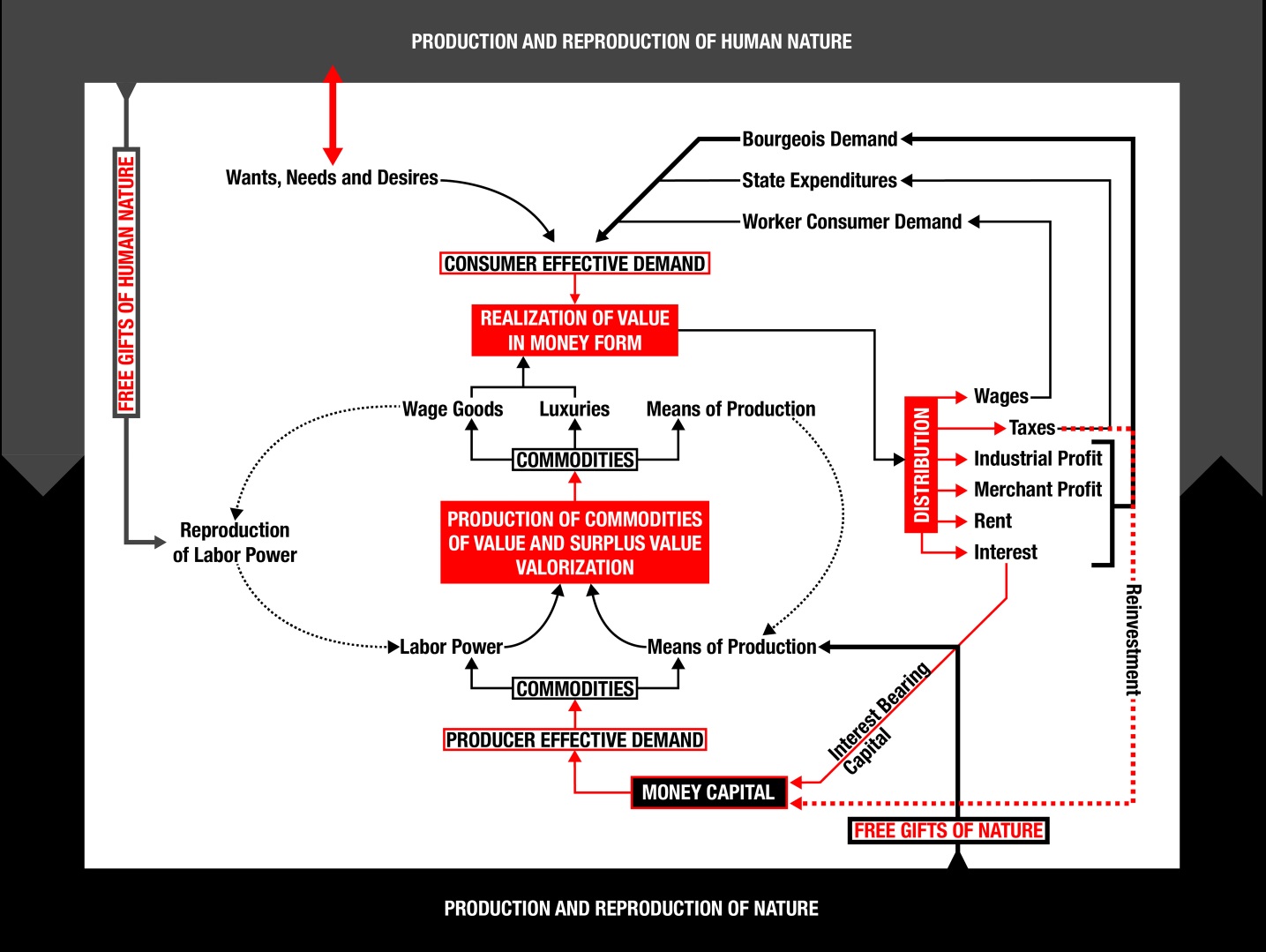What do we mean by social ecology? And why is it important?
First of all, let’s unpack in simple terms what ecology means. The word ecology is the combination of two ancient words: “home” (oikos) + “word” (logos) = “home’s word”. Such enigmatic expression may need further unpacking. Let’s try by broadening the term “home” (oikos) and think about it more as “world”. The world is actually the home of humankind and other species. In a similar fashion, we can think about “word” (logos) more as “reasoning” or “discourse”. A series of words help us making sense of the world. Now it should be clearer what ecology can mean: how we understand the world around us.
We looked at “ecology”, let’s now add the term “social”. The climate crisis put into question the technological transformations of our time. The environmental catastrophe is the result of a system of exploitation that crushes living conditions on a global scale. In this sense, “social ecology” means the transformations of the environment that result from relations of production. In a capitalist system of production, such transformations can be catastrophic. Social ecologies, though, help us imagining a world beyond this crisis. How can we transform the world for the better?
Activists and thinkers tried to answer this question for a long time. Some of them argue that we need a deeper connection with nature, away from big cities and technologies. This way of thinking is sometimes referred to as deep ecology. In this view of the world, we must listen and learn from nature. The more we are connected to nature the better. At times, Nature would even appear divine. Other activists and thinkers think about the environment in a different way.
Social theorist Murray Bookchin argued that we should “turn the world upside down” if we want to overcome the environmental crisis. One way of doing so is to free society from domination and hierarchies. We should reverse “the cultural, traditional and psychological systems of obedience and command”. Such ideas of development have been adopted of by the Kurdish liberation movement. Experiments in this direction try to build a “state-less” network of cities and communities (often called “libertarian municipalism”).
Another key thinker of the ecology movement is Vandana Shiva. She is often considered one of the pioneers of “ecofeminism”. Vandana Shiva argues that the sustainability of agriculture depends on the position of women in the society. A feminist society, with women at its centre, is an ecological one. We must care for the world.
Finally, anthropologist Gregory Bateson and psychotherapist Félix Guattari push us to rethink ecology. They argued, although in different times and places, that our minds need care too. If pollution pervades the world, there is pollution in our heads. This idea opens up other doors and bridges, but the social aspect of their ecology remains key. How do change society to transform the world?
Recommended Texts:
Murray Bookchin, The ecology of freedom (1982)
In this influential book, Murray Bookchin lays the foundations of a theory of social ecology. A cherished resource by anarchists and communists alike. Link: https://theanarchistlibrary.org/library/murray-bookchin-the-ecology-of-freedom
Debbie Bookchin on Murray Bookchin and Social Ecology (2015)
An interview with Debbie Bookchin on her father’s contributions to revolutionary theory and the adoption of his ideas by the Kurdish liberation movement. Link: https://roarmag.org/essays/bookchin-interview-social-ecology/
Félix Guattari, The Three Ecologies (1989)
This book explores three scopes of ecological interventions: ecology must be practiced altogether in its social, environmental, and mental dimensions. Link: http://banmarchive.org.uk/collections/newformations/08_131.pdf
Video
Vandana Shiva on Ecofeminism, Globalisation, and Climate Change
The Institute for Social Ecology
The Institute for Social Ecology has a fantastic website full of resources that we invite you to explore. Link: http://social-ecology.org/wp/
You can also watch video materials on their YouTube channel, featuring interviews with Murray Bookchin, talks and panel discussions from the activities of the Institute. Link: https://www.youtube.com/channel/UCw1xMMCPArnc5EyFIYDi9-w
Andreas Malm: Violent Past, Hot Present, Extreme Future
Andreas Malm is the author of Fossil Capital: The Rise of Steam Power and the Roots of Global Warming (Verso, 2016). “This talk focuses on three places where the British Empire used steamboats to subjugate distant populations and appropriate their resources: Egypt, India and Nigeria”. Link: https://youtu.be/AcYMnVHzVWc
Jason W. Moore: Capitalism in the Web of Life
“Jason W. Moore argues that the sources of today’s global turbulence have a common cause: capitalism as a way of organizing nature, including human nature”. Link: https://youtu.be/E92w0WczYUw
Audio & Music
Paul “DJ Spooky” Miller
Forests: A Parallax View in Music. Link: https://blog.nationalgeographic.org/2016/11/09/forests-a-parallax-view-in-music
See also The Book of Ice, a part fictional manifesto, part history and part science book on Antarctica. Link: http://djspooky.com/the-book-of-ice/
Soundscapes & Acoustic Ecology
A collection of sounds and talks about climate change, landscapes and music about the environment. Link: https://soundcloud.com/summerclub-node801/sets/soundscapes-acoustic-ecology
Recommended Plan C articles
Towards the Venice Climate Camp: Notes on the Relationship between Large-Scale Infrastructure Projects and Climate Justice. Link: https://www.weareplanc.org/blog/towards-the-venice-climate-camp-notes-on-the-relationship-between-large-scale-infrastructure-projects-and-climate-justice/
Letter from the Zapatista Women to Women in Struggle Around the World. Link: https://www.weareplanc.org/blog/letter-from-the-zapatista-women-to-women-in-struggle-around-the-world/





